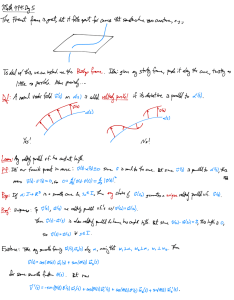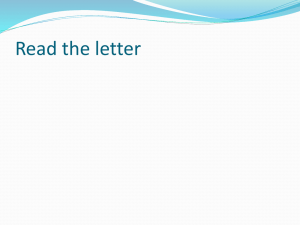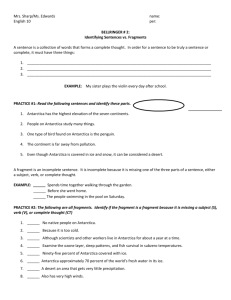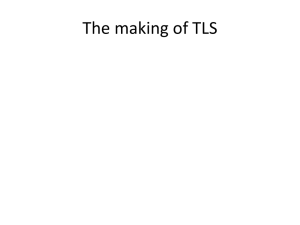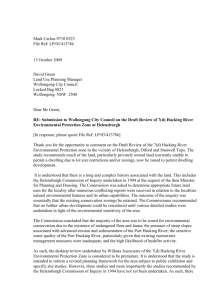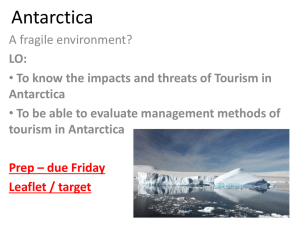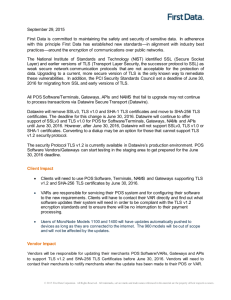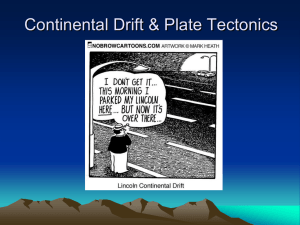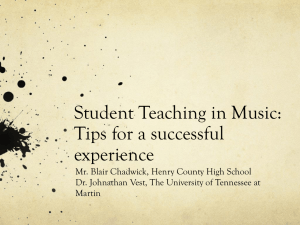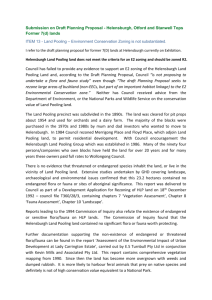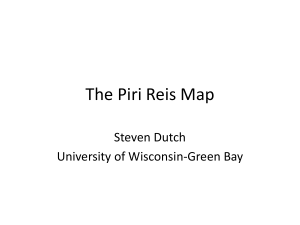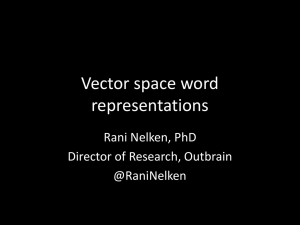File - ILLAWARRA SCHOOL LIBRARIES ASSOCIATION
advertisement
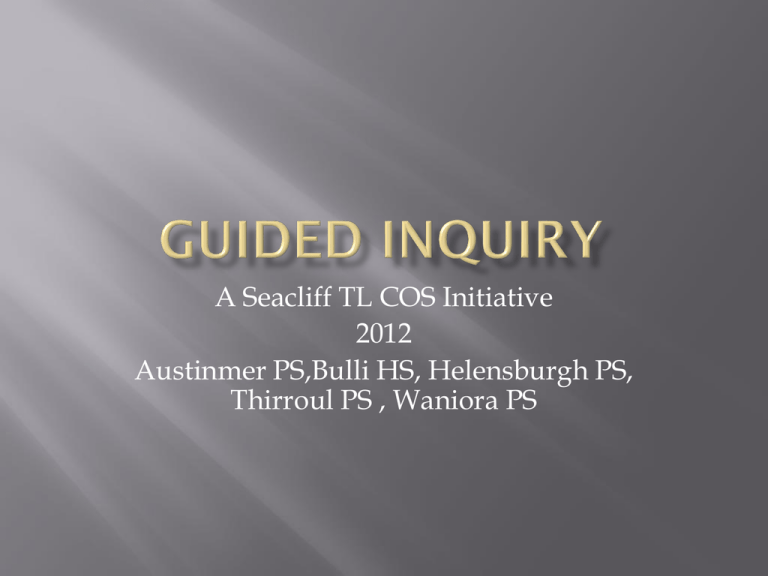
A Seacliff TL COS Initiative 2012 Austinmer PS,Bulli HS, Helensburgh PS, Thirroul PS , Waniora PS As described by Ross Todd: “...carefully planned, closely supervised, targeted interventions of an instructional team of TLs and classroom teachers, to guide students through curriculum based inquiry units that build deep knowledge and deep understanding and gradually lead them towards independent learning.” Is grounded in a constructivist approach to learning based on Carol Kuhlthau’s Information Search Process. http://comminfo.rutgers.edu/~kuhlthau/recent_ presentations/iasl/iasl_notes.htm This 7 stage search process also includes thoughts and actions associated with each stage. The stages are: Initiation, Selection, Exploration, Formulation, Collection, Presentation and Assessment. There are 10 schools within our COS, and 5 of those participated in this project – Austinmer, Bulli HS, Helensburgh, Thirroul and Waniora. Each TL and a classroom teacher were trained in GI by Jenny Scheffers from Caddies Creek PS in November last year with funding supplied from each participating school. Each school selected a class (or 3!) and a topic of their choice. The project ran over term 1 this year and we have just finished the report . Each participating student is surveyed 3 times to gauge how they are going, in addition to some writing comments on a blog, plus a weekly journal entry. The results have been collated and students have presented their research at each school. The blog address is : http://seaclifftlcos.edublogs.org/ Each school /class selected their own COGs or HSIE unit as a basis. Bulli HS chose a webquest with specific roles given to each group, using ‘Boy Overboard’ where the TL and English teacher worked together with a Yr 7 class Other topics included China (Symbol Systems), Rainforests, Antarctica, Oceans. Most conducted during their library sessions, with Thirroul taking an extra hour weekly. Using Lee Fitzgerald’s posters of the ‘Research River’ as a basis, we adapted these to our own coastal environment, calling the process the Research Wave’. Posters were discussed and displayed from the introduction. That way, the students knew what to expect..... From a Thirroul perspective, students were asked to try a new method of research Gained their commitment from the beginning Background info collected first From that, students were able to explore using books and internet (links were provided initially) A few students knew early on what they wanted to research and they were engaged immediately Others tended to be indecisive, which led to their frustration Once a decision is made, they became very focussed and determined Research is guided by providing a selection of books, internet sites beforehand. Students will need to search themselves, so much guidance was provided in developing and refining search strategies Our problem was the questions students wanted the answers to were challenging to find, and when located often difficult to understand. The framework includes developing up to 6 contributing questions which then help to answer the student’s main focus question We conducted a lesson on questioning technique and how some questions tend to ensure more deep thinking than others. Tried to ensure students asked how and why questions rather than when, what and who (although these may have been included in contributing questions.) At Thirroul, we stressed that a simple power point or word doc was to be used in presenting their research. This was to avoid either extra time teaching them a new tool or taking their focus away from their actual research. Surveys were conducted asking students : What they learned What they found easy and difficult What they enjoyed What skills they learned Overall, students enjoyed being able to select their own topic to research Being more independent and responsible for their learning Working with a partner Learning about something new When compared to other research they had completed, they found GI more challenging The skills they learned ranged from working with prezi or photostory, searching and locating information Going deeper into research Putting the info in their own words Cooperating with their partner They found choosing a topic one of the most difficult tasks Formulating their own questions Locating relevant info on the internet Many students found designing their presentation amongst the easiest tasks, Presenting that info to their classmates, Cooperating with their partner We all felt we needed to conduct another GI project and would change some parts. Some TLs felt they spent too much time ‘exploring’ the topic, others realised the importance of developing questioning technique. The vast majority of students were engaged throughout and wanted to repeat the experience. Our aim is to work with a different classroom teacher each time, and perhaps conduct another project with the remaining TLs in our COS. Helensburgh How do underwater volcanoes affect marine life? Are there good reasons to hate sharks? What are the effects of oil tankers and rigs on the environment? Austinmer How do humans affect the wildlife of Antarctica? How do Antarctic animals survive the winter? How does global warming affect Antarctica? Thirroul How did Chinese inventions influence the west? How did gunpowder affect China and the west? How do the lives of Chinese children differ today when compared 100 years ago? How did China change from rural to industry? Waniora What’s so bad about deforestation? How does fungi help the trees? Big things in the rainforest and how they grow
